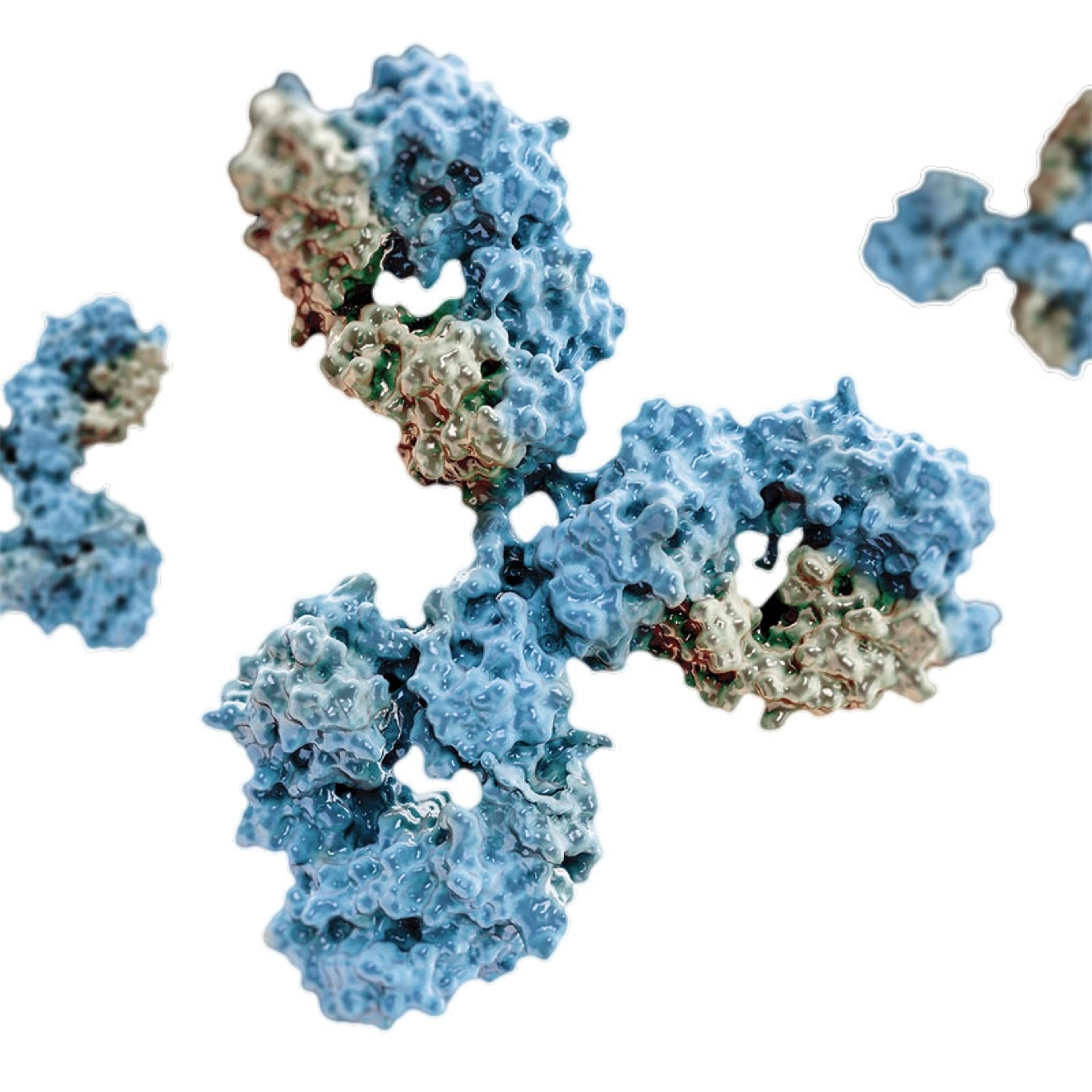LGC offers new bridging assay for improved COVID-19 antibody detection
The bridging assay aims to allow a full-length trimeric Spike protein from the COVID-19 virus to be used as both a capture and detection tool
15 Jul 2020

The SARS-CoV-2 (COVID-19) antibody is the key indicator of previous infection by the virus, and a potential indicator of future immunity to the disease. Research into immunity in the general population is a key goal for the management of the pandemic, and to do that it is vital that reliable and accurate tests are available. A suitably validated test has the potential to reveal or survey patterns of immunity in the UK population, support back to work/school initiatives, the development of vaccines, and the screening of volunteers/patients for enrolment onto clinical trials.
The testing of immunogenicity (the body’s ability to mount an antibody response), is commonplace in bioanalytical laboratories, where vaccines and protein-based therapeutics are routinely tested for their immunogenic-potential as a part of the drug development and marketing process.
The scientists at LGC’s Cambridgeshire-based Immunogenicity Centre of Excellence have applied their years of knowledge from developing bioanalytical antibody tests towards the development of a new type of serological test which identifies antibody responses to COVID-19.
In order to ensure the test provides the highest degree of sensitivity and specificity, LGC has validated the test’s performance and reliability by using samples from patients known to have had a COVID-19 infection along with samples taken prior to the pandemic.
LGC has developed a type of assay known as a bridging assay, which enables us to employ the full-length trimeric Spike protein from the COVID-19 virus as both a capture and a detection tool. The presence of a bivalent anti-COVID-19 IgG antibody in a patient sample forms a bridge between the two labelled-spike proteins. When added to an assay plate, the specific tags used generate an assay signal, the intensity of which is proportional to the amount of antibody in the sample.
LGC considers the bridging assay format an improvement over existing ELISA techniques for the following reasons:
- Simultaneous detection of IgG/IgM/IgA responses, without the need for separate tests
- No requirement for a species-specific detection antibody (ELISA tests use an anti-human detection reagent). This reduces supply chain issues related to reliance on commercial reagents.
- The instrument technology has a considerably broader dynamic range, meaning high titre antibody responses can be analysed without additional dilution, and greater resolution can be obtained with low level responses, creating greater certainty over what is positive and what is negative.
- Speed (2 hrs to result)
- Scalable. LGC is capable of performing 384 well format assays enabling greater sample throughput than 96-well ELISA-based tests.
- Compatible with home sampling devices.
Early in the pandemic, LGC turned to the potential for using CE-IVD Mitra® microsampling devices for enabling the accurate and precise collection of a fixed volume of blood from a finger-prick sample.
This work has resulted in LGC being the first UK company to validate its assay for both serum samples and whole blood microsamples, which can be performed away from a clinic or hospital environment and simply posted via regular mail to the LGC labs for analysis. Microsampling provides a better experience for vulnerable patients, especially children and the elderly, without the need for a clinical visit or venepuncture, a key consideration in this time of social distancing.
COVID-19: We are here to help
Our entire Drug Development Solutions operation has now moved to shift working which means we are open from 7am to 8pm, with decontamination carried out between shifts by our staff and specialist cleaners.
We have time/flexibility and resource to ensure our contracted studies remain on track, as well as help with future studies that may be at risk.
If you are looking to assess therapies for drug efficacy against COVID-19 we can offer our drug development solutions. Our experiences include the Bioanalysis of potential antiviral agents such as:
- Monoclonal antibody therapeutics
- Protease inhibitors
- Antiviral/Antiretrovirals
- Antimalarials
- RNA polymerase inhibitors
Should you have a need to develop/transfer and validate methods for future studies or act as a backup for at risk studies, please contact us at pharma@lgcgroup.com.
Do you use LGC products in your lab? Write a review today for your chance to win $400 Amazon voucher>>

